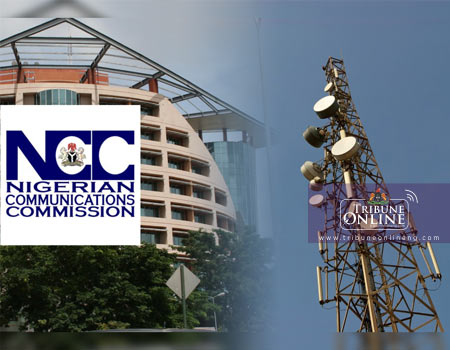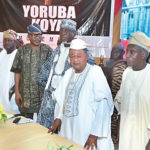It has been noted that based on empirical indices, the Nigerian Communications Commission (NCC), can authoritatively confirm that Nigeria has attained 31 per cent broadband penetration.
This, according to information, is contrary to insinuations in some quarters that the country was far away from that as claimed by some.
By the five year National Broadband Plan (NBP), (2013-2018), it was targeted that the country should be able to attain a minimum of 30 per cent from the 5 per cent it had in 2013 in five years.
Expectedly, based on the population of Nigeria estimated of 190m, and connected lines of 169m, those who have access to broadband at a speed of 1.5 megabytes per second cover over 30 per cent of this population.
Despite perceived drawbacks in the sector, telecommunications remains one of the most consistent enablers of the economy and the economic well-being of the citizenry with over 10.43 per cent contribution to the Gross Domestic Product (GDP) in the second quarter of 2018, boosting employment both directly and indirectly and providing a robust infrastructure backbone to facilitate high level efficiency in all areas of the economy.
And based on World Bank index, increasing broadband by just 10 per cent in developing countries would deliver at least 1.38 per cent GDP increase per capita while a 10 per cent increase in internet penetration would lead to about 1.12 per cent increase in GDP per capital.
To realise that the Federal Government set up the NBP (2013-2018) with a target of 30 per cent by 2018, the figures doubled between 21 and 22 per cent in the months before November 2018.
According to NCC data, there were a total of 168,729,005 mobile “GSM” mobile subscribers in Nigeria as at November 2018. Of these, 108,457,051 were subscribed to internet access services provided by the major operators. In terms of Broadband services, a total of 58,965,478 connected to the internet through 3G and 4G networks (including those provided by the Long Term Evolution (LTE)-only service providers such as Smile and nTel). This distinction is critical because Nigerians predominantly rely on mobile networks to access the internet, including Broadband networks since the fixed Broadband access which was to have been led by the erstwhile State incumbent – NITEL – is now literally non-existing.
Meanwhile, the NCC has for the umpteenth time expressed its belief that the consumer is King and as such, the consumer must be accorded his rights to be heard, to be educated, to choose, to redress, as well as the right to safety.
Danbatta stated this during the commission’s recent 45th edition of the Consumer Town Hall Meeting in Ijebu-Ode, Ogun State with the theme: “Using information and education as a tool for consumer empowerment and protection.”
Danbatta, who was represented by the Commission’s Deputy Director of Consumer Affairs Bureau, Alhaji Ismail Adedigba, said that the NCC has deep respect for telecoms consumers and would continue to do everything within its power to protect their interests.
He said: “In realisation of the rights of telecoms consumers, the NCC, as a regulatory agency, is poised to empower telecoms consumers with adequate information and education through constant engagement of consumers at various levels in the country. One of such engagements is the CTM which holds here today.”
Also, the Chairman, NCC Board of Directors, Senator Olabiyi Durojaye, and was also the chairman of the occasion, said, “this is a meeting among the three tripatriates in the Nigerian telecommunications sector; to put measures in place to the benefit of consumers.”
In her own contribution at the event, Hajia Hafsat Lawal, the Deputy Director, Consumer Affairs, NCC, stated that the forum provides consumers with information on how to stop unsolicited messages by texting ‘help’ to 2442, being ‘do not disturb’ code initiative by the NCC.






